Contents
- 1 Introduction
- 2 Understanding Addiction
- 3 The Role of Advanced Practice Nurses in Addiction Treatment
- 4 Treatment Modalities in Addiction Treatment APN
- 5 Challenges and Barriers in Addiction Treatment APN
- 6 The Future of Addiction Treatment APN
- 7 FAQs about Addiction Treatment APN
- 7.1 What is the role of an APN in addiction treatment?
- 7.2 How effective is Medication-Assisted Treatment (MAT)?
- 7.3 What are the benefits of using behavioral therapies in addiction treatment?
- 7.4 How can APNs help reduce the stigma associated with addiction?
- 7.5 What challenges do APNs face in providing addiction treatment?
- 8 Conclusion
Introduction
The issue of drug addiction has become one of the most pressing problems in contemporary society, affecting millions of individuals and their families across the globe. In the United States, the rise in addiction rates has necessitated the development of effective treatment solutions.
Among these, the role of Advanced Practice Nurses (APNs) in addiction treatment has gained significant attention. This article delves deep into “addiction treatment APN,” exploring the various aspects of addiction, the critical role of APNs, treatment methodologies, and the impact on individuals and society.
Understanding Addiction
The Nature of Addiction
Addiction is a complex, chronic disease characterized by compulsive drug seeking and use despite harmful consequences. It affects brain function and behavior, leading to an inability to control the intake of substances. Addiction can be caused by various factors, including genetic predisposition, environmental influences, and psychological conditions.
The Scope of the Problem
In the United States, the opioid crisis has highlighted the severity of addiction issues. According to the National Institute on Drug Abuse (NIDA), over 70,000 Americans died from drug overdoses in 2019 alone, with opioids being a significant contributor. The widespread availability of substances such as prescription painkillers, heroin, and synthetic opioids like fentanyl has exacerbated the problem.
The Role of Advanced Practice Nurses in Addiction Treatment
Who are APNs?
Advanced Practice Nurses (APNs) are registered nurses who have completed advanced clinical education and training, often at the master’s or doctoral level. They include Nurse Practitioners (NPs), Clinical Nurse Specialists (CNSs), Nurse Anesthetists (CRNAs), and Nurse Midwives (CNMs). APNs possess the expertise to provide a range of healthcare services, including the diagnosis and treatment of medical conditions.
APNs in Addiction Treatment
APNs play a crucial role in addiction treatment due to their advanced skills and holistic approach to patient care. Their responsibilities in addiction treatment include:
- Assessment and Diagnosis: APNs conduct comprehensive assessments to diagnose substance use disorders. They evaluate the physical, psychological, and social aspects of addiction to develop a thorough understanding of each patient’s condition.
- Treatment Planning: Based on their assessments, APNs create personalized treatment plans that address the unique needs of each patient. These plans may include medication management, therapy, and lifestyle modifications.
- Medication-Assisted Treatment (MAT): APNs are often involved in administering and managing MAT, which combines medications like methadone, buprenorphine, or naltrexone with counseling and behavioral therapies. MAT is particularly effective for opioid addiction.
- Counseling and Behavioral Therapies: APNs provide counseling and support to help patients understand the root causes of their addiction and develop coping strategies. They may utilize cognitive-behavioral therapy (CBT), motivational interviewing (MI), and other evidence-based approaches.
- Patient Education and Advocacy: Educating patients and their families about addiction, treatment options, and recovery processes is a critical part of an APN’s role. They advocate for patients’ needs within the healthcare system and ensure they receive comprehensive care.
Treatment Modalities in Addiction Treatment APN
Medication-Assisted Treatment (MAT)
MAT is a cornerstone of addiction treatment that combines medications with counseling and behavioral therapies. The medications used in MAT help to normalize brain chemistry, block the euphoric effects of alcohol and opioids, relieve physiological cravings, and normalize body functions without the negative effects of the abused drug.
Key Medications in MAT
- Methadone: A long-acting opioid agonist that reduces withdrawal symptoms and cravings without producing the euphoria associated with opioid abuse.
- Buprenorphine: A partial opioid agonist that can be prescribed by certified APNs and reduces cravings and withdrawal symptoms.
- Naltrexone: An opioid antagonist that blocks the effects of opioids and alcohol, preventing relapse.
Behavioral Therapies
Behavioral therapies are integral to addiction treatment, helping individuals modify their attitudes and behaviors related to drug use and increase healthy life skills.
Common Behavioral Therapies
- Cognitive-Behavioral Therapy (CBT): Helps patients recognize, avoid, and cope with situations where they are likely to use drugs.
- Motivational Interviewing (MI): Enhances an individual’s motivation to change by exploring and resolving ambivalence.
- Contingency Management (CM): Provides incentives for positive behaviors such as maintaining sobriety.
Holistic and Integrative Approaches
Holistic and integrative approaches in addiction treatment focus on treating the whole person, addressing the physical, emotional, mental, and spiritual aspects of addiction.
Techniques in Holistic Treatment
- Mindfulness and Meditation: Helps individuals gain awareness and control over their cravings and emotions.
- Yoga and Exercise: Promotes physical health and reduces stress and anxiety.
- Nutritional Therapy: Supports physical recovery and helps repair the body from the damage caused by addiction.
Challenges and Barriers in Addiction Treatment APN
Stigma and Misconceptions
Stigma and misconceptions about addiction and its treatment can prevent individuals from seeking help. APNs play a vital role in educating the public and reducing the stigma associated with addiction.
Access to Care
Access to addiction treatment can be limited by various factors, including geographic location, socioeconomic status, and insurance coverage. APNs often work in underserved areas, providing essential services to those who might otherwise go without care.
Regulatory and Policy Barriers
Regulatory and policy barriers can impact the ability of APNs to provide addiction treatment. Advocating for policy changes that allow APNs to practice to the full extent of their education and training is crucial for expanding access to care.
The Future of Addiction Treatment APN
Technological Innovations
Technological innovations, such as telemedicine, have the potential to expand access to addiction treatment. APNs can provide remote consultations, follow-ups, and support through telehealth platforms, making it easier for individuals in remote areas to receive care.
Integrating Mental Health and Addiction Services
Integrating mental health and addiction services can lead to more comprehensive and effective treatment. APNs are well-positioned to provide integrated care, addressing both the mental health and substance use disorders of their patients.
Continuing Education and Training
Ongoing education and training are essential for APNs to stay current with the latest advancements in addiction treatment. Professional development opportunities, such as workshops, conferences, and certification programs, can enhance their skills and knowledge.
FAQs about Addiction Treatment APN
What is the role of an APN in addiction treatment?
APNs play a multifaceted role in addiction treatment, including assessment and diagnosis, treatment planning, medication management, counseling, and patient education. They provide comprehensive care that addresses the physical, psychological, and social aspects of addiction.
How effective is Medication-Assisted Treatment (MAT)?
MAT is highly effective for treating opioid and alcohol addiction. It helps reduce withdrawal symptoms and cravings, making it easier for individuals to maintain sobriety. When combined with counseling and behavioral therapies, MAT significantly improves treatment outcomes.
What are the benefits of using behavioral therapies in addiction treatment?
Behavioral therapies help individuals modify their attitudes and behaviors related to drug use, increase healthy life skills, and provide strategies to cope with stressful situations and triggers. They are an essential component of comprehensive addiction treatment.
How can APNs help reduce the stigma associated with addiction?
APNs can help reduce stigma by educating the public about the nature of addiction as a chronic disease, advocating for individuals with substance use disorders, and providing compassionate, non-judgmental care. They play a crucial role in changing perceptions and promoting understanding.
What challenges do APNs face in providing addiction treatment?
Challenges include stigma and misconceptions about addiction, limited access to care, regulatory and policy barriers, and the need for ongoing education and training. APNs must navigate these challenges to provide effective and comprehensive care to their patients.
Conclusion
Addiction treatment APN is a critical component of addressing the growing problem of substance use disorders in the United States. Advanced Practice Nurses bring a unique skill set and holistic approach to treatment, making them invaluable in the fight against addiction.
By understanding the complexities of addiction, utilizing effective treatment modalities, and overcoming challenges, APNs can significantly impact the lives of individuals struggling with substance use disorders.
As the field continues to evolve, the integration of technology, mental health services, and ongoing education will further enhance the effectiveness of addiction treatment provided by APNs.





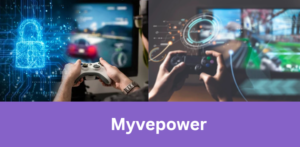




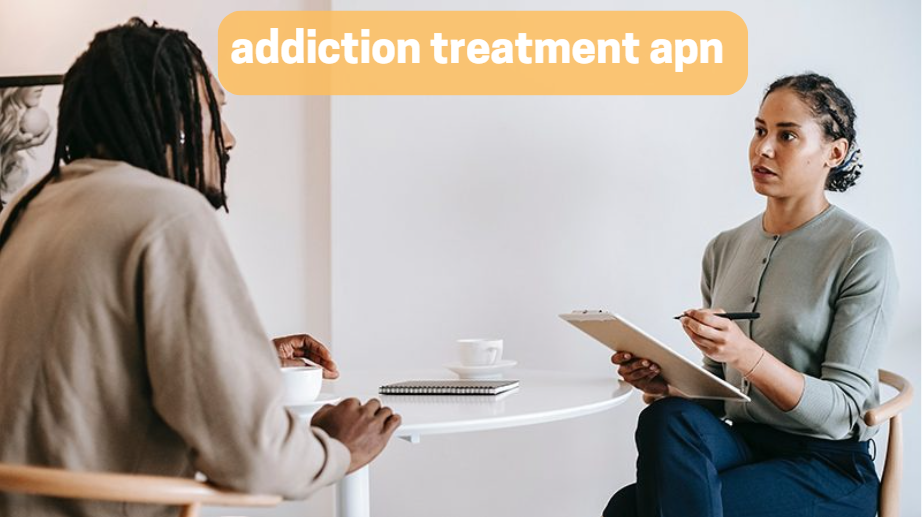




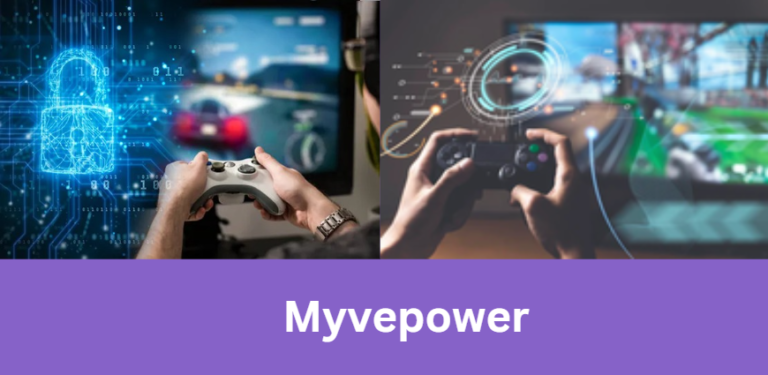
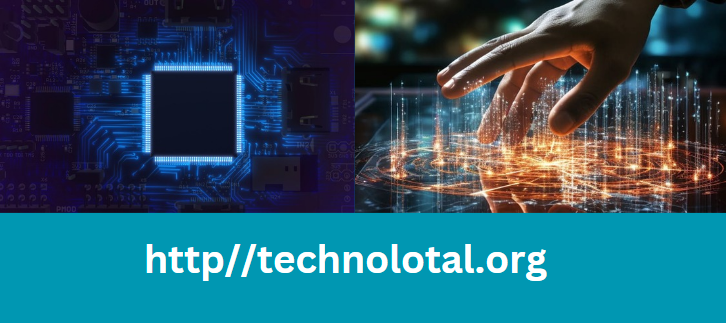



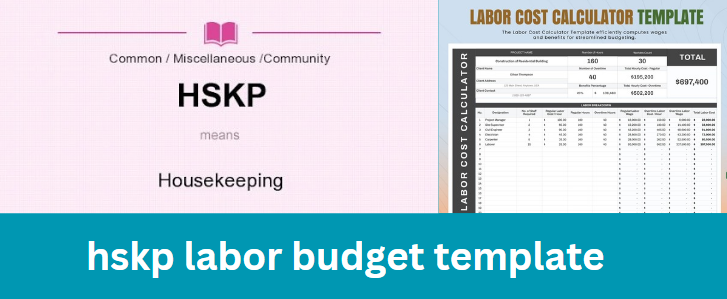
+ There are no comments
Add yours